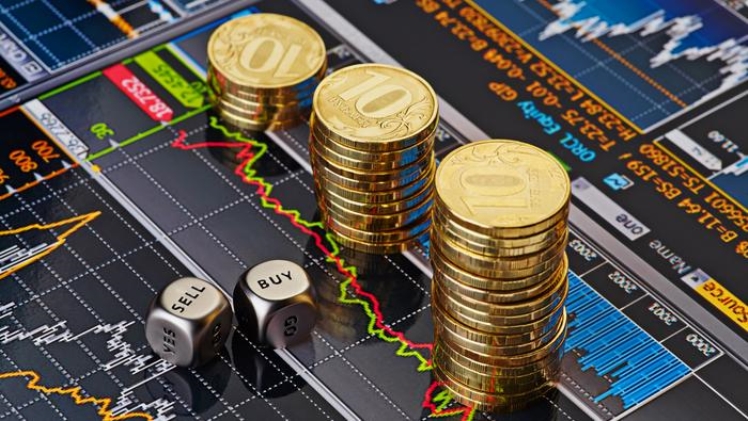Opportunities abound in the foreign exchange (forex) market in the Philippines for anyone interested in trading currencies on a worldwide scale. This article offers a thorough review of the available top Forex brokers in the Philippines. Traders in the Philippines who are looking for a forex broker can do so with more knowledge of the market after learning about the regulatory framework, trading conditions, customer service, and reputation of these firms.
Institutional Controls
The Securities and Exchange Commission (SEC) and the Bangko Sentral ng Pilipinas (BSP) regulate the activities of foreign exchange (FX) brokers in the Philippines. Brokers are monitored by these organisations to make sure they are following the rules, keeping client money safe, and operating honestly and ethically. To guarantee a safe trading environment, investors should prioritise engaging with brokers who are licenced by these organisations.
Currency traders in the Philippines can choose from a number of trading platforms provided by local Forex brokers. Both MetaTrader 4 (MT4) and MetaTrader 5 (MT5) have become widely used because to its intuitive design, sophisticated charting tools, and trade automation capabilities. Brokers may also provide their customers with specialised trading platforms that include advanced features and capabilities. When deciding on a broker, investors should take into account the platform’s accessibility and features.
Trading Terms and Account Types
Traders in the Philippines can choose from a variety of account types at most forex brokers. You can open a regular account, a micro account, or an Islamic account if you follow the tenets of Sharia law. Traders should compare each account type’s minimum deposit requirements, leverage opportunities, spreads, and commission structures. Trading conditions, including order execution time, currency pairs offered, and trading hours, must also be assessed for suitability to the trader’s strategy.
Helpful customer service and education materials are essential while engaging in foreign exchange trading. Brokers offering forex trading in the Philippines should back their clients with accessible and educated help via many mediums. To guarantee prompt assistance when it’s needed, merchants should evaluate the accessibility and quality of customer care. Traders can also improve their knowledge and abilities with the use of instructional tools including webinars, tutorials, market analysis, and informative publications. Traders of all skill levels might benefit from a broker’s extensive educational resources.
Reputation and Reviews
When choosing a forex broker, it is crucial to take into account the broker’s reputation and reviews. Traders can learn from the comments and experiences of others by reading reviews, forums, and trade magazines online. This data might help you choose whether or not a forex broker in the Philippines is one you can trust. Traders should also think about the broker’s reputation, awards, and length of time in the industry.
Forex Pro Deposit:
There is no such thing as “Forex Pro Deposit,” which is not a real term used in foreign exchange. In the foreign exchange market, however, a trader’s “deposit” is the initial sum needed to fund a trading account with a forex broker.
To begin trading with a forex broker, investors must normally make an initial deposit into their trading account. The minimum deposit required may change based on the broker and account type. In order to accommodate traders with a wide range of budgets and trading preferences, some brokers provide multiple account types, each of which requires a different minimum deposit.
The FxPro Deposit trader’s deposit acts as working money, allowing them to open positions and trade currencies on the foreign exchange market. When settling on a deposit amount, traders should give serious thought to their financial status and risk tolerance.
Deposits at Forex brokers can be made using several methods, such as wire transfers, credit cards, e-wallets, and even cryptocurrencies. Before deciding on a broker, investors should research the various deposit options, as well as any fees and wait times that may be linked with them.
Traders might be incentivized to fund their accounts with deposit incentives and other promotions from select brokers. It is a bit technical to study the terms and circumstances related to such bonuses before accepting them, as they can come in the form of more trading money or other perks.
In Conclusion:
Filipino traders must carefully consider their options before selecting a forex broker. Traders may make educated choices that are in line with their trading aims and preferences by thinking about things like regulatory compliance, trading platforms, account kinds, trading conditions, customer service, and reputation. Before deciding on a specific forex broker in the Philippines, it is vital to do extensive research, compare multiple brokers, and possibly even setup demo accounts to test the trading environment.
Also Read: https://atozmp3.io/what-is-the-best-forex-broker-in-2023-with-the-easiest-methods/

